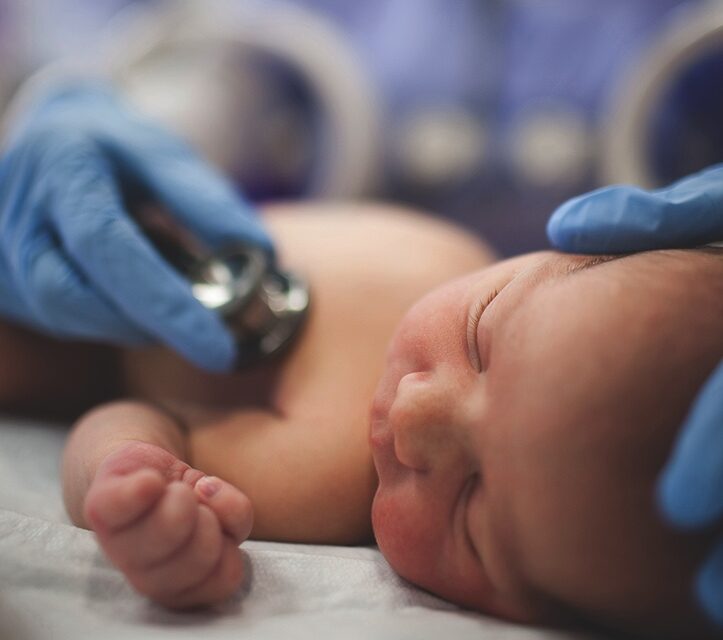What to Know About Preterm Births

Approximately 15.2 million babies are born prematurely worldwide each year. Preterm birth occurs when a baby is born before completing 37 weeks of gestation. The World Health Organization states that complications from preterm birth are the leading cause of death among children under age 5. Preterm infants also face higher risks of death and lifelong health issues such as learning disabilities, breathing problems, and developmental delays. Survival rates vary significantly from country to country.
Unless prematurity has impacted a family, people might not know the facts about preterm birth. Here are some of them.
- Preterm birth has categories based on gestational age. Extremely preterm refers to infants less than 28 weeks; very preterm is from 28 to 32 weeks; and moderate to late preterm is from 32 to 37 weeks.
- The Cleveland Clinic reports that one in every 10 births in the U.S. is premature.
- The rate of premature birth is increasing as more women have pregnancies after age 35. Additionally, assisted reproductive technologies like IVF can result in multiple pregnancies and higher-risk pregnancies, which lead to preterm birth.
- Various conditions or behaviors can lead to a baby being born prematurely. These include having a previous preterm birth, multiple miscarriages or abortions, preeclampsia or heart or kidney disease, untreated infections, IVF to conceive, smoking, carrying multiples, or not getting enough prenatal care.
- While there is no way to prevent a baby from being born prematurely, avoiding alcohol, maintaining a healthy diet, staying away from tobacco products or drugs, and attending all prenatal doctor visits can help. If a woman goes into labor early, a doctor may prescribe medicine to slow down labor. The longer a fetus has to develop, the less likely the child will be born with underdeveloped lungs.
- The WHO notes that most preterm births happen in southern Asia and sub-Saharan Africa. The survival of babies born prematurely depends on their location. More than 90% of extremely preterm babies born in low-income countries die within their first few days, whereas less than 10% of such babies die in high-income countries.
Preterm babies often require specialized medical care and may stay in the NICU for weeks or months. They are kept in an incubator to help regulate their body temperature. Additionally, they need help with feeding, breathing, and gaining weight.
Preterm births happen worldwide. Understanding what can lead to a child being born prematurely might help people avoid actions that raise the risk of preterm birth.









